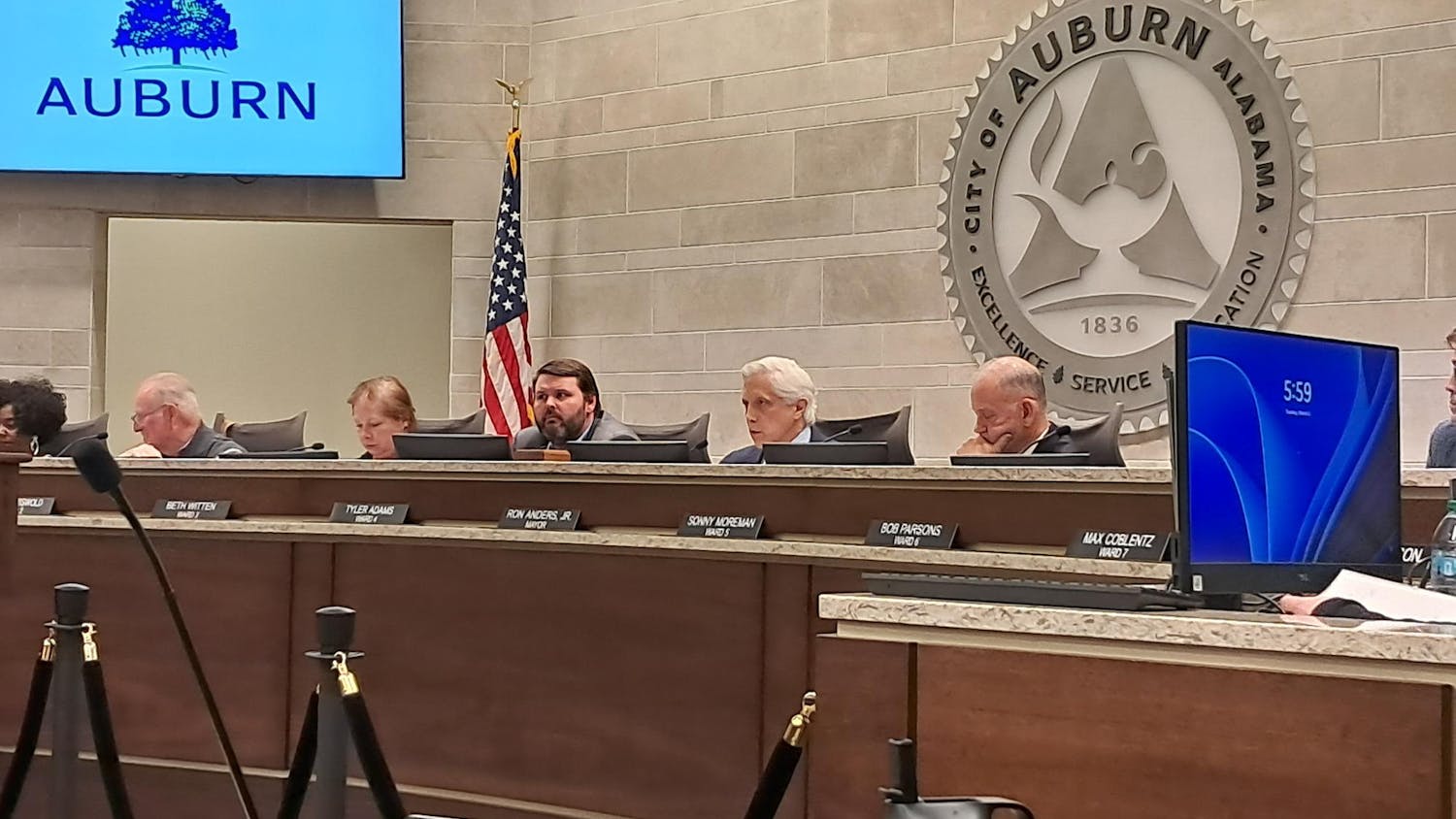With spring break almost a week away, many students are focused on achieving an “ideal beach body.” Unfortunately, this focus can often be unhealthy.
Some students gravitate toward fad diets that preach ill-informed keys on dieting such as juice cleanses that require fasting and other hyper-fitness regiments. These tend to do more harm than good.
As we come to the end of National Eating Disorder Awareness Week, we feel it’s important to advocate for healthier approaches to dieting and fitness. We advocate for a lifestyle that doesn’t require slaving away to achieve society’s perception of beauty.
Many fad diets promote dangerously low daily caloric intake. They often require focusing on a specific food and eating cut-back meals for breakfast and lunch while eating a normal dinner. Often, these diets don’t include enough calories to be healthy.
Others may opt to dedicate an enormous amount of time in the gym, overextending themselves by taking on too much weight to lift or practicing poor and dangerous exercise form to make up for lost time.
Students don’t go through these diets and exercise as part of a long-term campaign toward bettering their health. They are undertaken because they’re seen as a quick fix to achieve an idolized figure. This idolized figure has its own flaws.
Our conception of perfect beach bodies and ideal fitness has been influenced by years of advertising from the modeling and beauty industry. Marketing campaigns have sought to overwhelm the market with promises of vanity and veneration toward a new, sculpted body.
This has shifted our conception of healthy to be synonymous with skinny, which is not always true.
Health can take many forms, and a perfect body is not one size fits all. Eating healthy and staying active should be a goal for all students and all people, but it should not be all consuming. The goal should be healthy, not necessarily skinny.
Fad diets are not the path toward better health. Everybody is different, and the proper way to fast-track fitness is to talk to a doctor and find out what diet regiments and exercise schedule is right for you as an individual.
Auburn also provides resources that help students reach health goals, such as group fitness classes and nutrition teams. Consulting with these resources can help set up a proper way to achieve fitness.
But it isn’t imperative that someone sets out the time and money to meet with a doctor or sign up for group fitness. We can all focus on being healthy, but we should also focus on being comfortable being ourselves.
We shouldn’t be distracted by trying to achieve what we’re told is an idolized spring break body.
Do you like this story? The Plainsman doesn't accept money from tuition or student fees, and we don't charge a subscription fee. But you can donate to support The Plainsman.




